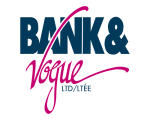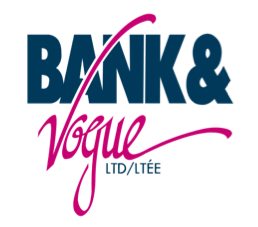The luxury secondhand market has been booming in recent years, fueled by a growing appetite for high-end goods at more accessible price points and a strong push for sustainability. However, this burgeoning industry faces a unique challenge: the rise of the grey market, which disrupts pricing, brand reputation, and trust among consumers and businesses alike. For wholesalers and retailers in the secondhand luxury market, understanding these dynamics is essential to thriving in an increasingly complex landscape.
What is the Grey Market?
The grey market refers to the unauthorized buying and selling of goods outside the manufacturer’s intended distribution channels. Unlike counterfeit items, grey market goods are authentic but sold by third parties without the brand’s permission. These markets often emerge where demand outstrips supply or where regional price disparities exist, and they can severely impact the luxury resale ecosystem.
Implications for Luxury Brands
For luxury brands, the grey market poses significant risks:
- Erosion of Brand Image
The resale of luxury items at inconsistent prices on platforms like DeWu can dilute a brand’s carefully curated image of exclusivity and prestige. - Loss of Revenue Control
Brands lose control over how their products are distributed and priced, potentially leading to a drop in profit margins. - Compromised Consumer Trust
While many grey market platforms emphasize authenticity, consumers remain wary of unauthorized sellers. Any association with these markets can damage brand loyalty.
To address these challenges, luxury brands are exploring strategies such as:
- Developing their own resale platforms to maintain control over pricing and authenticity.
- Partnering with authorized resale platforms to ensure proper brand representation.
- Educating consumers about the risks of buying through unauthorized channels.
Considerations for Wholesalers in Luxury Resale
For wholesalers in the secondhand luxury market, navigating the grey market requires strategic planning:
- Authenticity Verification
Invest in cutting-edge technology and partnerships with trusted authentication services to ensure products are genuine. - Transparency in Sourcing
Clearly document and communicate sourcing practices to build trust with buyers and maintain long-term business relationships. - Adapting to Evolving Consumer Expectations
Consumers increasingly value sustainability and traceability. By aligning with these priorities, wholesalers can differentiate themselves in a competitive market.
Bank & Vogue: Supporting Sustainable and Transparent Resale
As a leader in the secondhand wholesale industry, Bank & Vogue plays a pivotal role in advancing sustainable practices and fostering trust in the resale ecosystem. While we primarily focus on bulk secondhand clothing, our expertise in transparency and responsible sourcing provides valuable insights for businesses navigating the luxury resale sector.
At Bank & Vogue, we emphasize building a circular economy by connecting suppliers and buyers who share a commitment to sustainability. For wholesalers venturing into luxury resale, we offer guidance on managing inventories, sourcing responsibly, and adapting to market shifts. Together, we can address the challenges of the grey market while creating a more ethical and efficient secondhand industry.
Conclusion
The luxury resale market holds immense potential for growth, but the grey market presents unique challenges that businesses must navigate carefully. Platforms like DeWu illustrate both the opportunities and risks in this space. By understanding the dynamics of grey market activities and implementing strategies to maintain trust and transparency, wholesalers and brands can thrive in this evolving landscape.
For more insights into navigating the complexities of the secondhand industry, reach out to Bank & Vogue—your trusted partner in sustainability and circular economy solutions.








